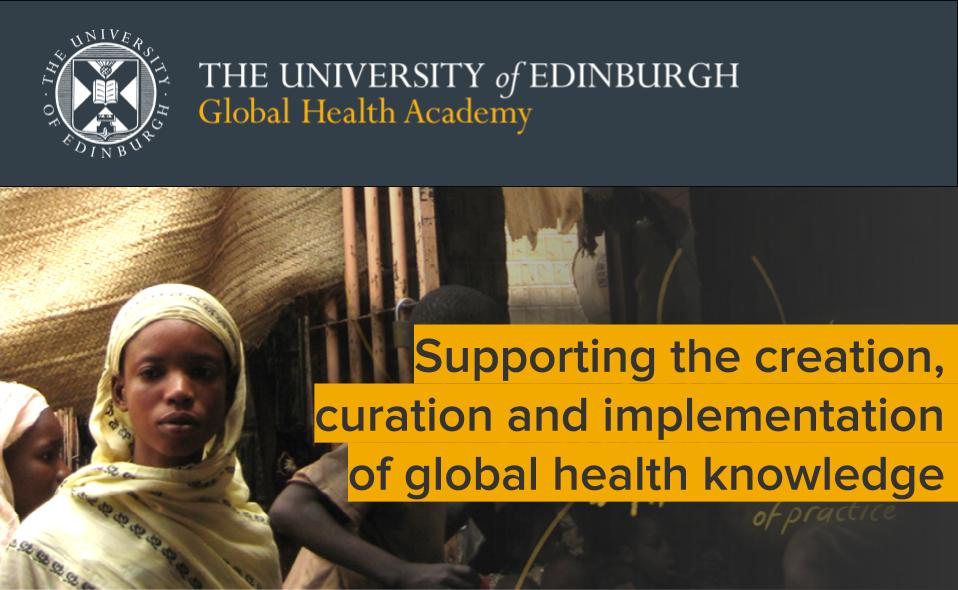Global mental health – its time to pull together
The recent report from the UK’s All-Party Parliamentary Group on Global Health and Mental Health (MH) is very welcome. Not only does it describe the parlous state of MH services in many parts of the world, it presents an evidence-base for global action. It is important to acknowledge, for example, that patients can be caged, chained or subjected to abusive traditional approaches and that Western mental health services are not all bad. The report summarises the growing body of research showing that there are cost-effective solutions to mental health problems that even the poorest countries could implement and benefit from. These include improving social and economic environments, integrating mental health into general health care, using trained and non-specialist health workers to provide culturally appropriate community care, increasing access to self-help and empowering people with mental health problems to support and advocate for themselves and each other.
Further, and more specifically, the WHO (1) have previously shown that interventions such as psychosocial and antidepressant treatment are ‘very cost-effective’ interventions for panic disorder and depression throughout the world, and that psychosocial treatments plus older antipsychotic and mood stabilising drugs are ‘cost-effective’ for schizophrenia and bipolar disorder.
Another report released in November, from the Overseas Development Institute (2), gives a complimentary perspective – mental (ill) health does not receive due policy attention due to stigma and a lack of coherence across the mental health community. The time has come for the mental health community to work together to achieve shared goals such as reducing stigma and increased funding for MH services across the globe.
Professor Stephen Lawrie, Head of Psychiatry, University of Edinburgh
1.Chisholm D, on behalf of WHO-CHOICE. Choosing cost-effective interventions in psychiatry: results from the CHOICE programme of the World Health Organisation. World Psychiatry 2005; 4: 37-44.
2. Mackenzie J. Global mental health from a policy perspective: a context analysis. Overseas Development Institute 2014.




